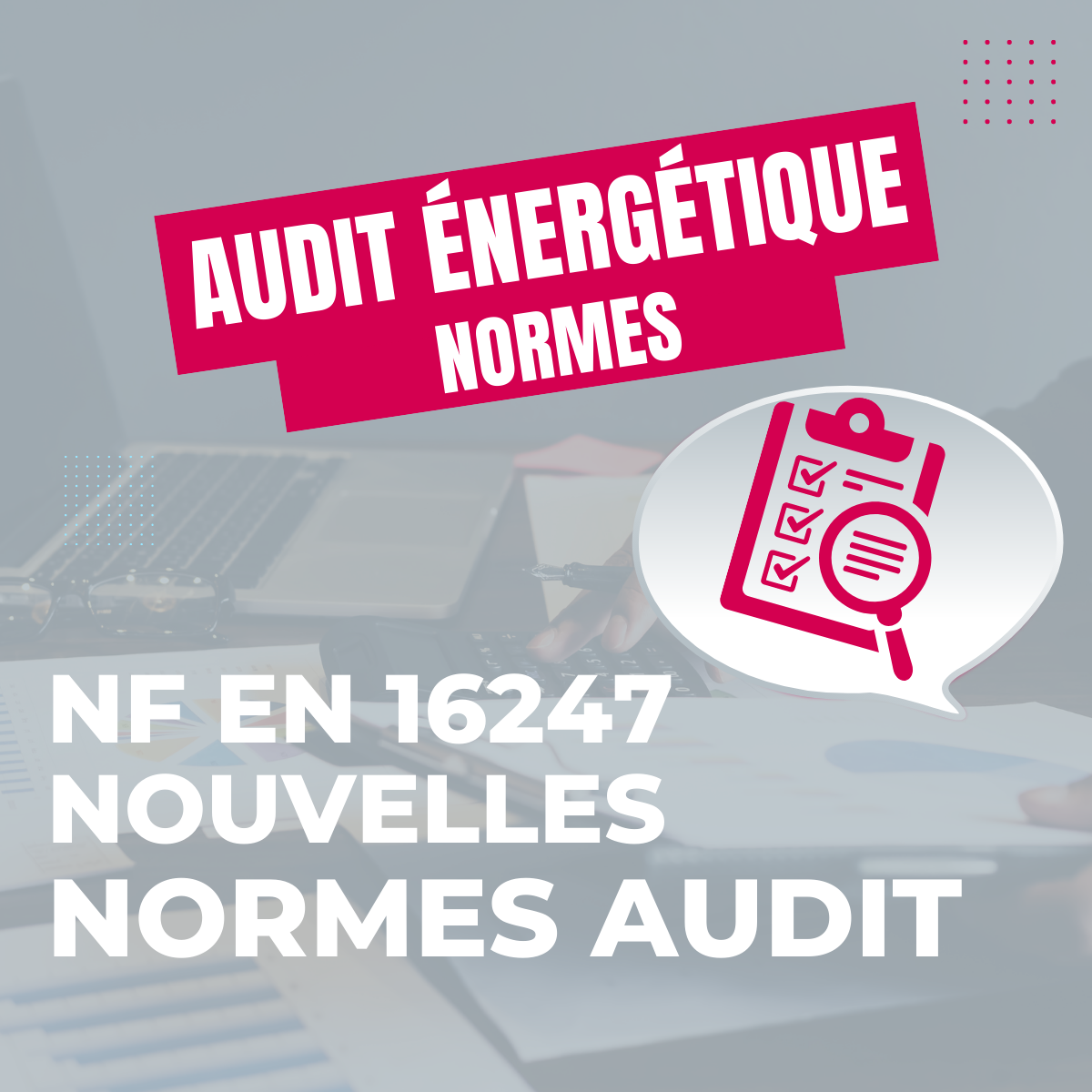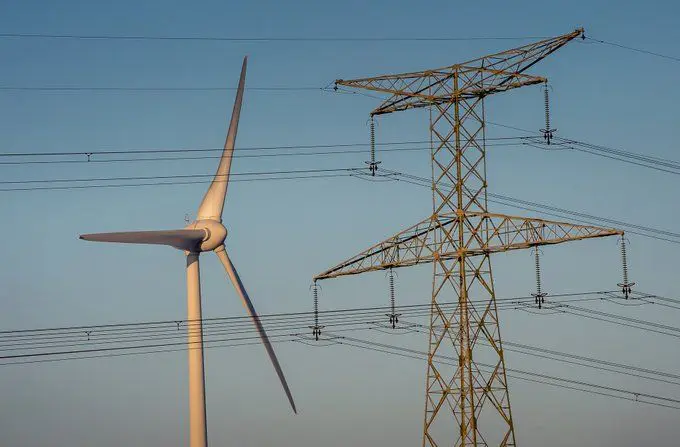Focus sur les nouvelles normes audit énergétique NF EN 16247 #2

The mandatory NF EN 16247 series of standards, which provides the methodology for conducting these energy audits, was updated in August 2022.
So what will be the main changes following the revision of this standard?
In addition to aligning terms and definitions with the ISO 50 001 standard, the main changes in these new NF EN 16247 editions are as follows:
The first change is that standard NF EN 16247-1 now establishes the notion of audit depth, defining 3 types of audit:
- Standard audits.
- Comprehensive audits in which significant energy uses must be measured, not merely estimated.
- Comprehensive audits for which action recommendations must be based on quotes from service providers and not mere estimations.
The audit level will be stated in the final report.
To find out more, read the Afnor article.
The second change is that sampling is now possible for industrial processes (NF EN 16247-3).
The third change, driven by the push for audits based on actual consumption, is the introduction of a requirement to define a measurement plan as part of the energy audit, citing NF EN 17267 as the reference standard.
The fourth change concerns corporate accountability. Previously, companies subject to mandatory energy audits were selected according to 3 criteria: company size (over 250 people), sales (over €50 million) and balance sheet (over €43 million). If the company met at least one of these criteria, either in terms of number of employees, sales or balance sheet, it was under an obligation to carry out an audit. The only condition that could exempt it was to be ISO 50 001 certified.
From now on however, companies will be subject to an energy consumption criterion. Companies with energy consumption ranging from 10 to 100 terajoules* per year will be required to conduct a mandatory energy audit. Two conditions could exempt them:
- the first would be for the company to have an energy management system up and running
- the second would be to hold ISO 50 001 certification.
All these new requirements should be applicable as of the first quarter of 2023.
*unit of energy measurement corresponding to multiplication of a joul by 10 to the 12th power.
An energy audit, the starting point for compliance with the Tertiary Sector Decree
An energy audit is also one of the main steps in achieving compliance with the Tertiary Sector Decree.




